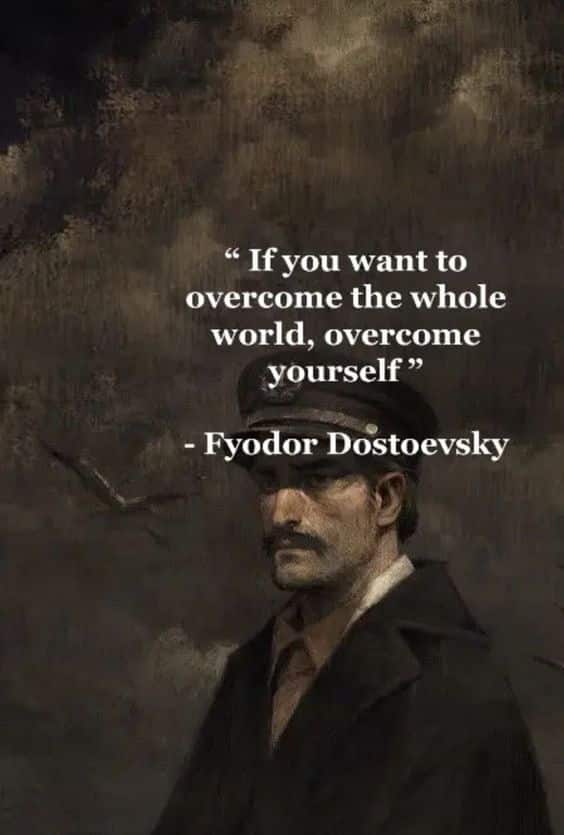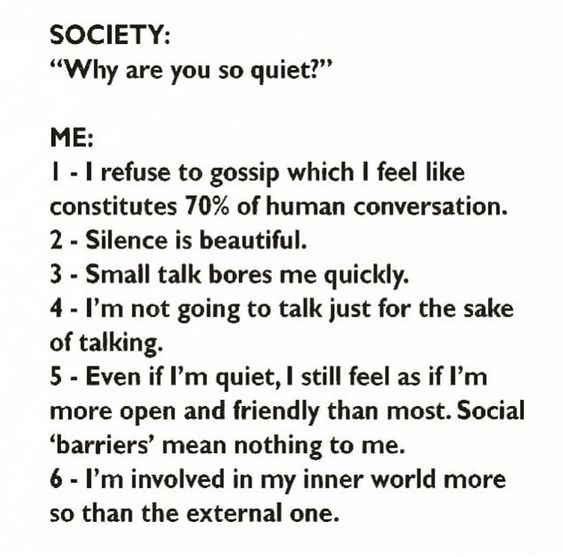“This is perhaps the essence of the meaning of these visionary experiences, as it is really the heart of Active Imagination itself: It is a way of learning from your own experience those profound truths of life that can’t be transferred from one person to another with words but can only be genuinely known through one’s own connection to the collective unconscious. In this sense, we can only learn what we already know at the unconscious level.”
Robert A. Johnson, Inner Work (Page 218)
“It is as much the ego’s duty to bring [a] sense of responsibility to the creatures of the inner world as it is for us to tend to the welfare of our fellow humans in the outside world. It is the health of our own, inner selves that is at stake.”
Robert A. Johnson, Inner Work (Page 190)
“Philosophy is the essential, centering pursuit. It challenges us. It requires work and reflection and self-criticism. It requires that we hold ourselves to certain standards and that we hold ourselves to account when we fail to. It’s the real work, not the busy work. Philosophy is what birthed you, raised you, and continues to re-make you as life goes on. Don’t let some momentum in your other pursuits fool you into thinking you no longer need it. It’s home. Make sure you’re paying the proper respects. Make sure you’re going back often, so that today’s rhythm does not become tomorrow’s rut.”
Ryan Holiday, Daily Stoic Blog
“For me, the seashore is a magical place that often appears in my dreams. When I don’t know how to start my Active Imagination, I frequently go to the seashore in my mind and start walking. Inevitably something happens or someone appears, and the imagination is launched. There have been a few days when I walked and walked, and almost nothing happened; sometimes you can grow weary walking. But generally, if you go to the inner place and search, you will find someone waiting for you.”
Robert A. Johnson, Inner Work (Page 170)
“When a huge number of fantasies flood your mind, it often means that you haven’t been giving enough attention to the unconscious. It compensates your imbalance toward the outer world by flooding you with fantasy—which forces you into a kind of involuntary inner life.”
Robert A. Johnson, Inner Work (Page 169)
“When you have a recurring fantasy that stays in your mind all day, it indicates that there is some inner problem that needs to be worked through.”
Robert A. Johnson, Inner Work (Page 169)
“Everyone who begins this art [of Active Imagination] has a lot of preconceived ideas about who ought to be there and what these inner characters ought to say. People expect to hear immediately noble speeches by the Great Mother or profound wisdom from an inner guru. These things often happen, but just as often we find ourselves looking at the depression we have refused to face, the sense of loneliness, emptiness, or inferiority we’ve always run from.”
Robert A. Johnson, Inner Work (Page 167)
“Even if a person is frivolous and deliberately tries to fabricate something, to conjure up something silly and stupid, to imagine a pure fiction, the material that comes up through the imagination still represents some hidden part of that individual. It can’t be made up from thin air. It has to come from somewhere inside the person who is producing the images.”
Robert A. Johnson, Inner Work (Page 150)
“Any quality within you can be personified [through Active Imagination] and persuaded to clothe itself in an image so that you can interact with it. If you feel an inflation, you can go to your imagination and ask that inflation to personify itself through an image. If you vaguely feel a mood controlling you, you can do the same. It is the image that gives one a starting point. You can then enter into dialogue; you can interact; and you can move toward some kind of understanding.”
Robert A. Johnson, Inner Work (Page 147)
“You should not try to ‘dress up’ your imagination and make it sound proper, grammatical, or ‘refined.’ The object is to experience and record whatever flows out of your unconscious honestly in its raw, spontaneous form. You are not doing creative writing for other people’s eyes. This is a private matter between you and your own unconscious, between you and God, so let it be as rough, crude, incoherent, embarrassing, beautiful, or unregenerate as it may be when it comes spontaneously out of your unconscious. The results will be more honest—and more real.”
Robert A. Johnson, Inner Work (Page 133)
“The process of inner growth demands that we examine consciously everything that motivates us.”
Robert A. Johnson, Inner Work (Page 72)
“You will never find anything in the unconscious that will not be useful and good when it is made conscious and brought to the right level.”
Robert A. Johnson, Inner Work (Page 71)
“If you take your dreams as a reflection of the unconscious dynamics within you, you are most likely to get to the heart of the matter; if, however, you apply the dream on the external level, it usually turns out to be superficial. It is on the inner level that you can change life-patterns most profoundly; it is at the inner level that your dream is usually aimed.”
Robert A. Johnson, Inner Work (Page 67)
“Our culture teaches us to focus on the external world, so we jump to the conclusion that our dreams are talking about something on the outside. This is a collective prejudice we suffer from: We spontaneously assume that only the outer world has any importance. The true significance of the inner world becomes more clear when we begin to realize that almost everything we do, every reaction we have, every decision we make, every relationship we form, ultimately results from our inner qualities and inner dynamics. Everything is controlled by the huge energy systems that propel us from within, that determine most of what we think and do.”
Robert A. Johnson, Inner Work (Page 67)
“There was an old tradition in the Christian Church that one had not prayed unless one’s lips had moved. This idea expresses a psychological truth: Something physical has to happen. This is why it is so important that you write your examples down on paper. When you physically write those examples, the connections with your dream become clear and definite.”
Robert A. Johnson, Inner Work (Page 66)
“How the shadow appears in a dream depends on the ego’s attitude. For example, if a man’s attitude is friendly toward his inner shadow, and he is willing to grow and change, the shadow will often appear as a helpful friend, a ‘buddy,’ a tribal brother who helps him in his adventures, backs him up, and teaches him skills. If he is trying to repress his shadow, it will usually appear as a hateful enemy, a brute or monster who attacks him in his dreams. The same principles apply to a woman. Depending on her relationship to her shadow, she may appear as a loving sister or as a frightful witch.”
Robert A. Johnson, Inner Work (Page 50)
“None of us is just one thing. We are not monodimensional creatures; we are rich combinations of the infinitely varied archetypes. Each of us is part heroine or hero and part coward, part parent and part child, part saint and part thief. It is in learning to identify these great archetypal motifs within ourselves, learning to honor each one as a legitimate human trait, learning to live out the energy of each in a constructive way, that we make inner work a great odyssey of the spirit.”
Robert A. Johnson, Inner Work (Page 34)

